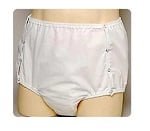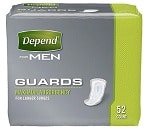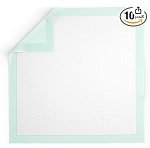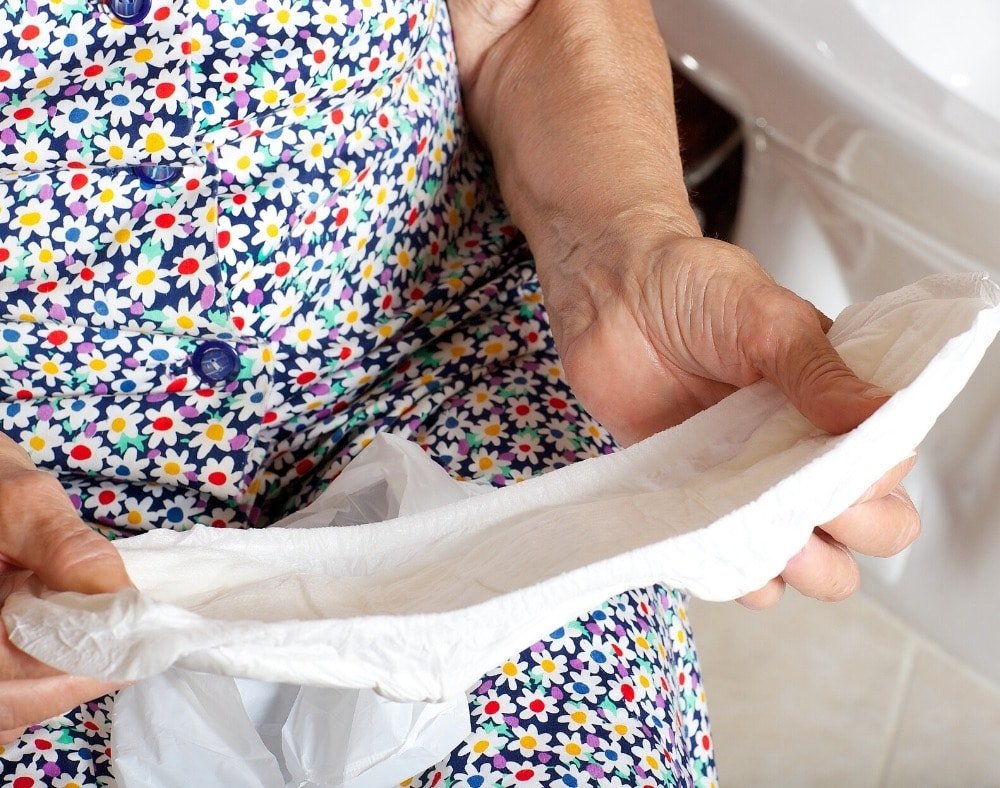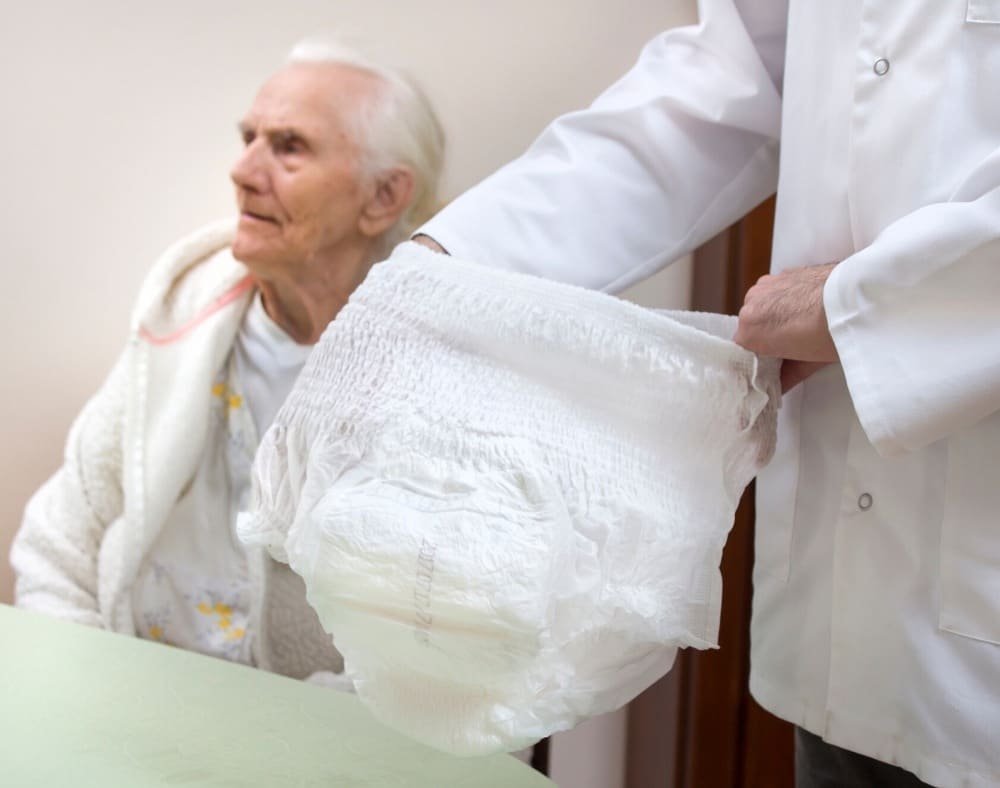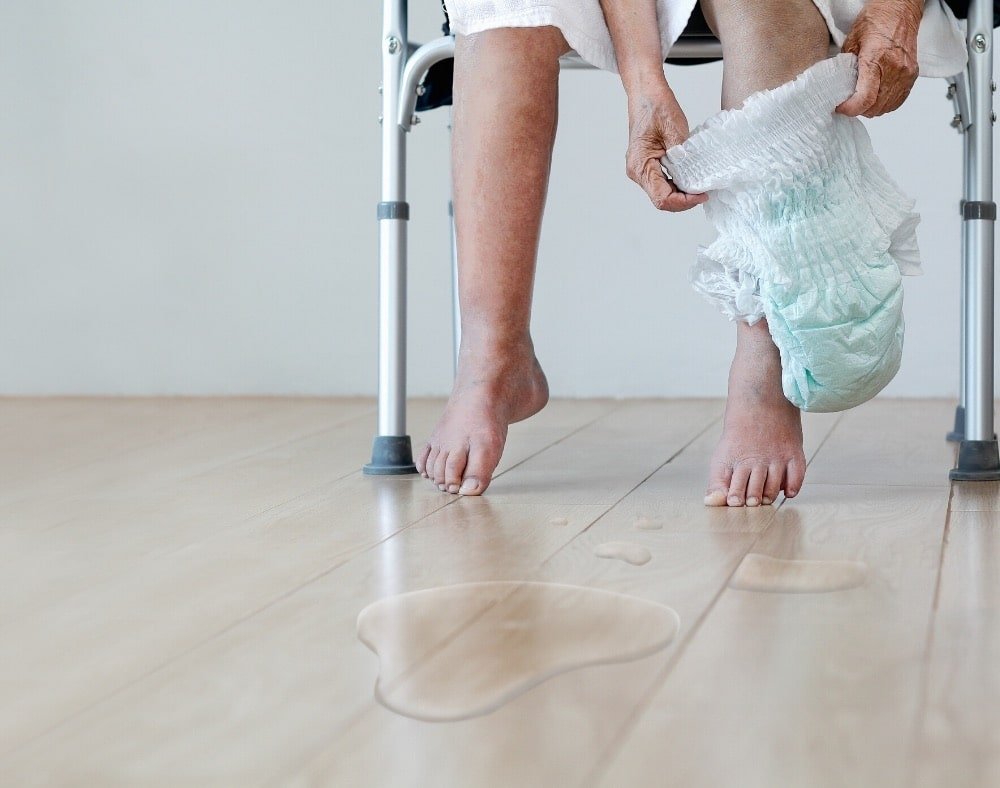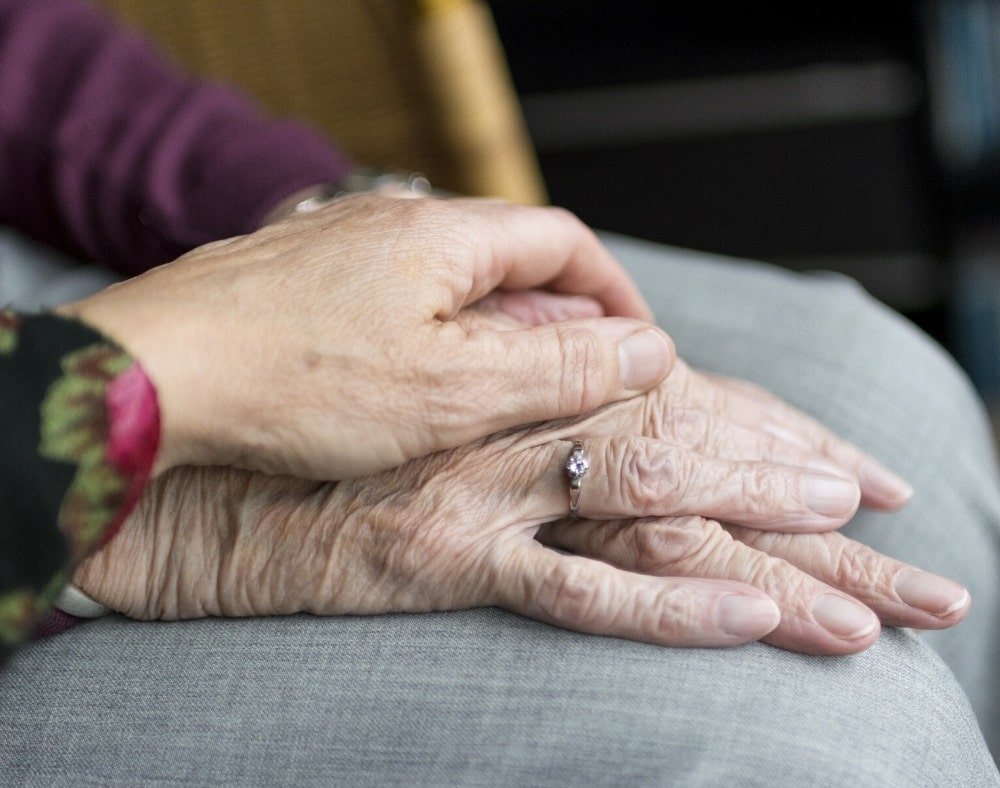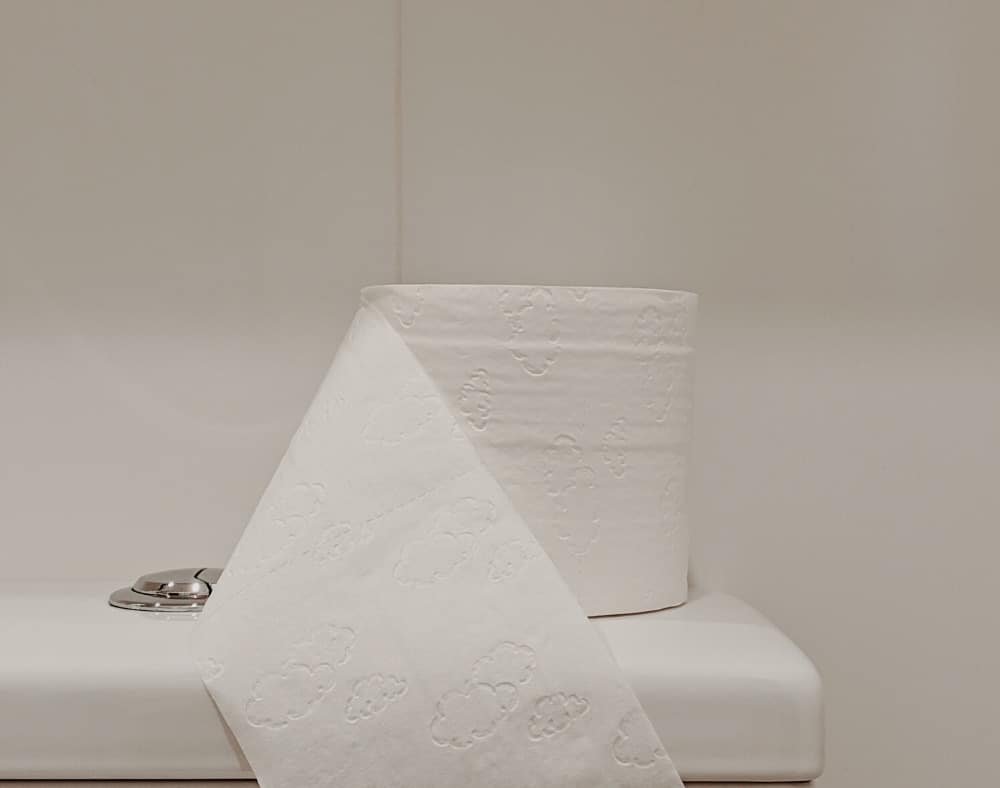There is a direct link between dementia and bowel incontinence. A person with dementia is much more likely to have accidents, suffer from incontinence and generally have more difficulties using the toilet.
Often these problems get worse as the condition progresses. Unfortunately, incontinence is not a topic that people talk easily about – but we do! Here we bring you the full low-down on dementia and bowel incontinence plus tips and advice for you to try….
Dementia and Bowel Incontinence
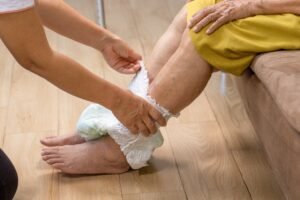
What is the link between dementia and bowel incontinence?
Sometimes incontinence develops in dementia patients because the messages between the brain and bladder and bowel are not working properly or can be triggered by a medical problem such as urinary tract infection (UTI), constipation or – for men – prostate problems.
Sometimes bowel incontinence can be caused by Irritable Bowel Syndrome (IBS). Certain medications for dementia can also trigger bowel incontinence.
What is incontinence?
Incontinence is the term given to when a person does not make it to the toilet in time and experiences a leakage of urine (pee) or faeces (poo). If they are having problems with both, this is described as ‘double incontinence. Urinary incontinence is the most common kind.
When either occurs, it can be very upsetting for dementia patients.
According to Healthline-
‘About 50% of people living with dementia have urinary incontinence. Specifically 60-70% of people with Alzheimer’s disease develop this condition. In addition, 30-50% of nursing home residents living with dementia or memory problems also have faecal incontinence’.
What are the different types of incontinence?
Urinary incontinence
 This is the most common type of incontinence and ranges from small, occasional leaks to continuing to pee after leaving the toilet or the total emptying of the bladder away from the toilet..
This is the most common type of incontinence and ranges from small, occasional leaks to continuing to pee after leaving the toilet or the total emptying of the bladder away from the toilet..
People with dementia often develop an over-active bladder. They will suddenly feel that their bladder is full and will have an urgency to go to the toilet. They will also want to visit the toilet much more often than they did in the past.
Some dementia patients do suffer from stress incontinence which can cause small, regular leaks.
Faecal incontinence
Again, this type of incontinence ranges from a small leakage of poo to having no control over the emptying of the entire bladder.
This situation is not only distressing for the dementia patient but can be very difficult for their carers to deal with too.
Dementia and bowel incontinence – Why does it develop?
As well as the medical reasons given above, incontinence can develop in a dementia patients for the following reasons too:
 They may not recognise the sensation of needing the toilet in adequate time.
They may not recognise the sensation of needing the toilet in adequate time.- As well as not recognising the sensation, they may not be able to alert their carer in time to reach the toilet.
- If they have mobility problems, the dementia patient may not reach the toilet in time.
- They may not understand a prompt that it is time to visit the toilet.
- Dementia patients often resist help to use the toilet.
- They get confused when looking for the toilet.
- They can feel embarrassed because they have already had an accident.
How can you ease the situation?
There are ways that help minimise the problems of incontinence in dementia patients.
The most important point to remember is that you need to include toilet visits into your routine, but you do need to ask your loved one sensitively if they need the toilet regularly – every two hours.
Also watch for any signs that they might need the toilet. It could be an advantage to install a reminder for you both on your smartphone.
Keep bladder and bowels working well
- Encourage your loved one to drink plenty– eight glasses a day is the recommended amount. If they are not drinking enough they will be prone to constipation. If they have an overactive bladder, avoid, coffee, tea and alcohol. Offer water, herbal teas and fresh fruit juices diluted 50/ 50 with water as these will be more soothing.
- Get daily exercise together – walking or swimming are both good and will ensure that your loved one’s bowels work well.
- Built toilet breaks at certain times into your daily routine and when you go out together, make sure you know in advance where toilets are located.
- If your loved one is constipated, gentle laxatives can help and gently massaging their stomach can ease discomfort.
Make your toilet dementia-friendly
 Even if you have been living where you are for a number of years, it is important to make the toilet easily identifiable and easy to use for your loved one.
Even if you have been living where you are for a number of years, it is important to make the toilet easily identifiable and easy to use for your loved one.
- Make the toilet easy to spot with a sign on the door with a picture at eye level. If there are several of you in the house, install a simple sign with red and green sides to show when the toilet is free or occupied.
- Ensure that it is easy to reach the toilet – move furniture out of the way and ensure the area is well lit.
- Consider investing in a coloured toilet seat so that it is easy for your loved one to recognise. Invest in a raised toilet seat if it will be easier to use and fix some handrails.
- Disable the door lock so that your loved one cannot accidentality lock themselves in the toilet.
- Avoid confusion with mirrors. Your loved one may not recognise their reflection in the mirror and think there is already someone using the toilet.
And for night-time use too….
- Install good lighting from the bedroom to the toilet that is triggered by motion sensors.
- If night-time use of the toilet becomes tricky, consider using a commode close to the bed with night lighting.
How best to cope with dementia and bowel incontinence accidents
 This is a difficult situation for you both to deal with. Your loved one will feel that they are not in control of their body and that they are losing their dignity.
This is a difficult situation for you both to deal with. Your loved one will feel that they are not in control of their body and that they are losing their dignity.
Many dementia patients find it difficult to accept help with such a private part of their lives.
Needless to say, how your loved one reacts to an accident can vary and they may find it very upsetting.
Be understanding and practical and add a little humour if you think it will help to ease their embarrassment. Having nice easy pull on trousers and shorts with elasticated waists will help too.
Do not be negative in any way- the accident was totally unintentional. If you find it hard to cope with the situation, talk with your GP.
Incontinence and the support you give your loved one will change your relationship and it will become stronger – if you do not let it get in the way.
Personal hygiene is very important
 Following an accident, it is important that your loved one cleans themselves properly and you may well need to help them. Remind them gently to wash their hands well.
Following an accident, it is important that your loved one cleans themselves properly and you may well need to help them. Remind them gently to wash their hands well.
You may well find that baby wipes are easy and effective to use and these will help prevent skin irritations and fungal infections. Pat the skin dry gently after use with toilet tissue.
Alternatively, wash the wet or soiled area with soap and warm water and pat the skin dry with a soft towel before your loved ones puts on fresh clothes.
If incontinence is becoming an issue, there are some excellent incontinence briefs on the market that contain a highly absorbent pad.
Both day time and night time pads are available and manufacturers have started producing attractive ones for ladies in different colours and patterns.
Re-usable briefs are also available and these are machine washed after each wearing .
If your loved one prefers to wear their own underwear, absorbent pads that slip inside panties are good and if you loved one has stress incontinence, you mat well find that panty liners are adequate.
Final Thoughts – Dementia and Bowel Incontinence
Incontinence usually develops in middle to late stage dementia, but this does vary from one person to the next. If you are concerned that your loved one is becoming incontinent, a visit to your GP will be reassuring as they can assess what the underlying cause is.
Never struggle in silence with dementia and bowel incontinence, there are different health professionals you can approach for help and some excellent products on the market that will make the situation easier to handle.


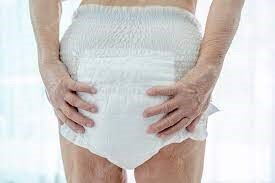 They may not recognise the sensation of needing the toilet in adequate time.
They may not recognise the sensation of needing the toilet in adequate time.![Dementia And Incontinence [Causes & Treatment] dementia and incontinence](https://readementia.com/wp-content/uploads/2020/05/dementia-and-incontinence.jpg)




